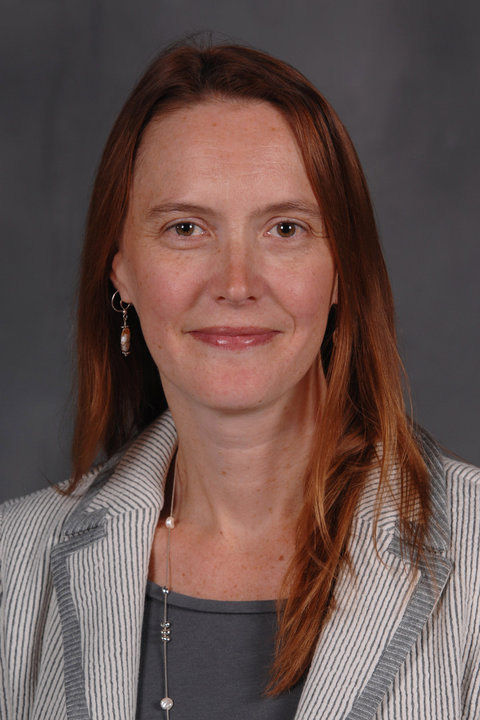Graduate research project receives grant from National Science Foundation
March 16, 2016
Dr. Heather Caldwell, an associate professor and graduate coordinator, who has lead the “Origins of Aggression” research project at Kent State with a team of students earned a $400,000 National Science Foundation (NSF) grant that funds the pioneering work about the effects of oxytocin in the the development of aggressive social behaviors.
“Dr. Caldwell has been able to obtain significant funding to support the research,” said Dr. Paul DiCorleto, Vice President of Research and Sponsored Programs at Kent State. “She’s been published in some excellent journals.”
Caldwell, who became a part of Kent’s faculty in 2007, said funding is almost always the biggest challenge she faces in the work.
“It can take years to generate the preliminary data needed to compete for federal funding,” Caldwell said. “I was very close to stopping this line of inquiry. Luckily, the Department of Biological Sciences provided me with some seed money to generate the data we needed.”
Travis Miller, a biomedical neuroscience Ph.D candidate and an integral member of Caldwell’s team, first presented preliminary research at last year’s Society of Neurological Surgeons conference.
Caldwell said she plans on presenting some of the Origins of Aggression research at the College of Arts & Sciences Annual Neuroscience Symposium on April 6th and 7th this year. She said the theme of this year’s conference is Neuroscience and the Social Brain.
Along with Miller, Elizabeth Aulino, a research technician on the project and Kent State graduate student applicant, cite the collaborative environment Caldwell has created within her team as a reason for its success.
“I only want to work with Dr. Caldwell,” Aulino said. “There are a lot of primary investigators that don’t take a hands on approach. She gives us so many opportunities to learn.”
Miller said he wasn’t originally a part of Caldwell’s research team, but became interested in the project as he transitioned to a Ph.D candidate.
“It’s really important for graduate school, who you want to work with, what lab, what research,” Miller said. “Her’s was kind of the best fit and I really liked the environment. I wanted to know what makes animals behave a certain way. I love to just be able to learn more about it. That’s why I came to Dr. Caldwell’s lab.”
Miller is the lead researcher and is funded through the projects NSF grant, according to Caldwell. He conducts the surgeries on the brains of pregnant female mice to influence the intake of oxytocin in utero. which is the project’s primary process for determining the effect of oxytocin on social behaviors.
The surgical processes are completely sterile and approved by a board for ethical considerations, Caldwell said.
Caldwell and others recently published their first academic paper titled, “Sex differences in the embryonic development of the central oxytocin system in mice.” The article was published in the Journal of Neuroendocrinology. She added that this publication is the biggest accomplishment of the work to date.
According to the article there is evidence that oxytocin may be important for the organizing of neural circuitry that underlies adult social behavior during fetal development. Caldwell said this research will inform part of the “constellation of different factors interacting in a variety of ways” that influence social behavior in mammals.
“I am hopeful that this is the start of a whole new line of research in my lab,” Caldwell said. “I want us to generate some really great data, get it published, and keep getting funded.”
According to DiCorleto, the university has set a goal of doubling research over the next five years as a part of its recently developed strategic initiatives.
DiCorleto said Caldwell is an example of the kind of faculty the university needs in order to meet their goals. He said the student testimony she’s received is some of the best praise for a faculty member.
“I think it is really important that each student have a sense of ownership over their own project,” Caldwell said. “To this end, as students mature as scientists, my interactions with them tend to become more collaborative.”
Andrew Keiper is the graduate studies reporter for The Kent Stater, contact him at [email protected].












